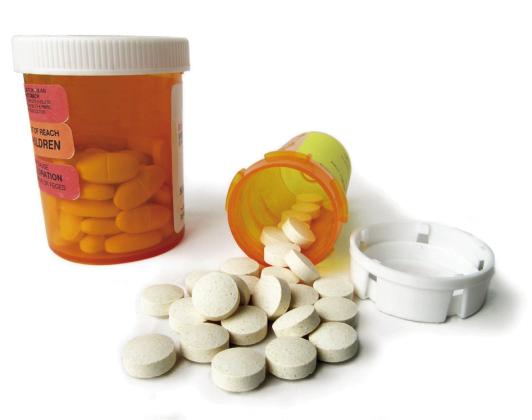The U.S. Food and Drug Administration gave the go-ahead in January for Florida to import prescription drugs in bulk from Canada. If all goes according to plan, the state government will be able to dispense certain Canadian-sourced drugs to people who receive care through the state Department of Corrections, the state Department of Children and Families, and the state Agency for Persons with Disabilities.
Florida is the first to get the green light from federal regulators to import prescription drugs. “After years of federal bureaucrats dragging their feet,” Gov. Ron DeSantis said, “Florida will now be able to import low-cost, life-saving prescription drugs.”
But there’s good reason for all that bureaucratic foot-dragging. For whatever short-term savings drug importation might provide, it creates very real dangers for patient health—and erects immense new barriers to medical innovation.
Proponents of drug importation see it as a way to reduce prescription drug costs. After all, brandname medicines tend to cost less in Canada and other countries. But the quality and safety of drugs shipped in from abroad is often both questionable and difficult to verify.
The question isn’t whether Canadian drugs are as good as those sold in the United States. It’s whether they’re genuine at all. According to the World Health Organization, the global counterfeit drug trade represents a $431 billion industry; one of the largest illegal knock-off economies on the planet. Roughly 1 million people die each year from counterfeit medicines, the WHO estimates.
In the United States, there is evidence of counterfeit drug use in nearly 5% of unintentional overdose deaths. In recent years, fake versions of everything from Ozempic to HIV medications have made their way onto the American market.
Our chief bulwark against the threat of fake drugs is what the FDA refers to as America’s “closed” prescription drug distribution system. For this system to work, federal regulators must maintain strict control over all the prescription drugs sold in the United States. By opening the door to foreign drugs—the origin of which may be unknown— Florida’s importation program would breach this closed system and leave all Americans far more vulnerable.
Using importation as a price-lowering strategy would also complicate the economics of drug innovation. The only reason many foreign countries pay less for medicines is that they enforce strict price controls. One result of these policies is that drug companies charge Americans more to compensate for the losses they sustain abroad— widening the price gap yet further.
The most sensible response to this disparity would be to demand foreign countries like Canada pay their fair share for prescription drugs—many of which are invented here in the United States.
By contrast, importing cut-rate drugs from abroad simply ratifies these inequitable pricing practices while choking off funding for research into life-saving new medicines. As the revenues available for research and development recede, the world will see fewer medical breakthroughs. Present and future patients will suffer.
Those foot-dragging bureaucrats at the FDA might want to reconsider their decision.
Sally C. Pipes is President, CEO, and Thomas W. Smith Fellow in Health Care Policy at the Pacific Research Institute.




